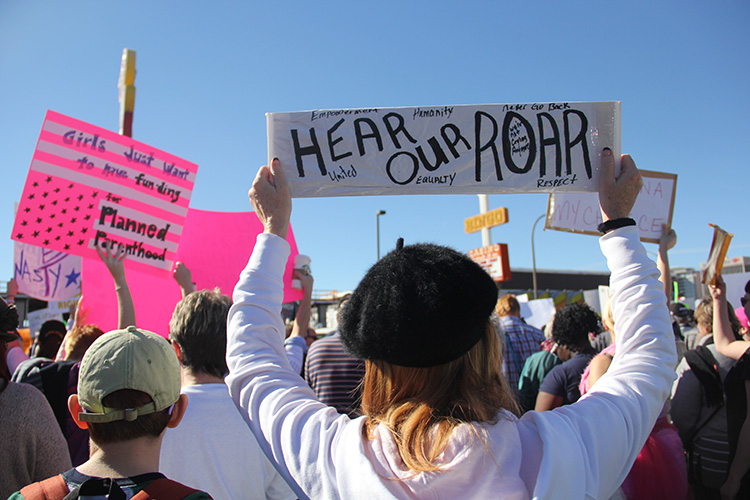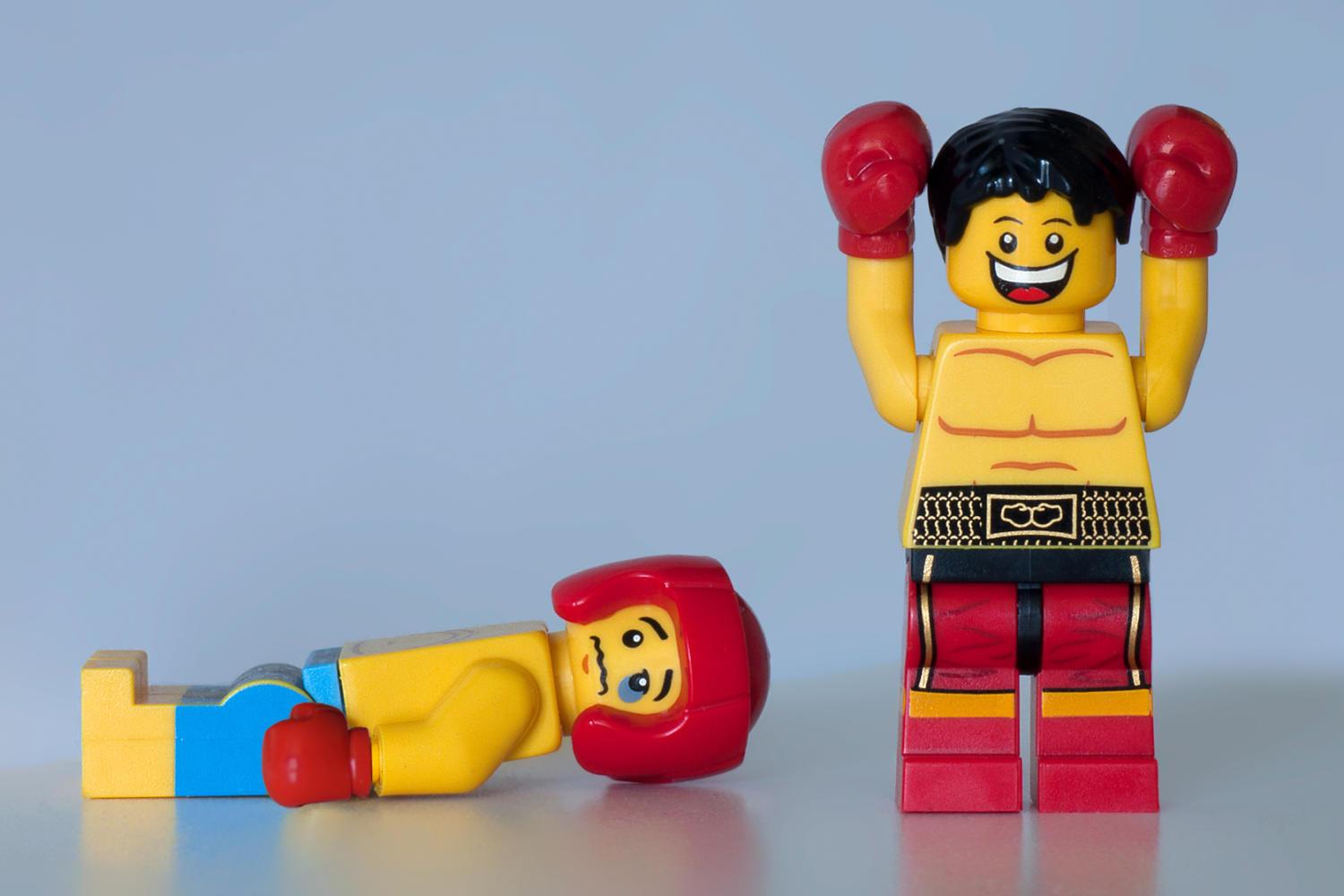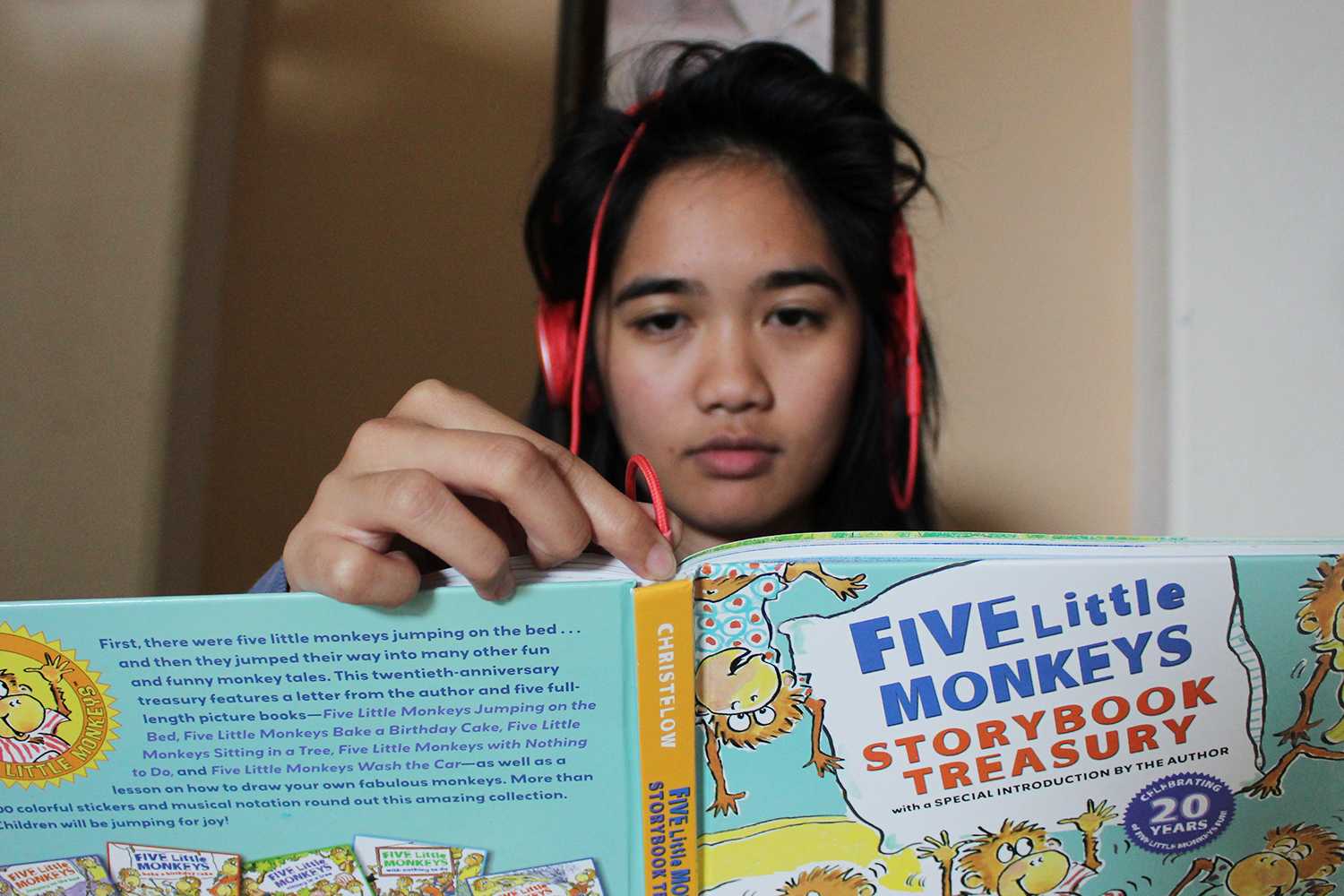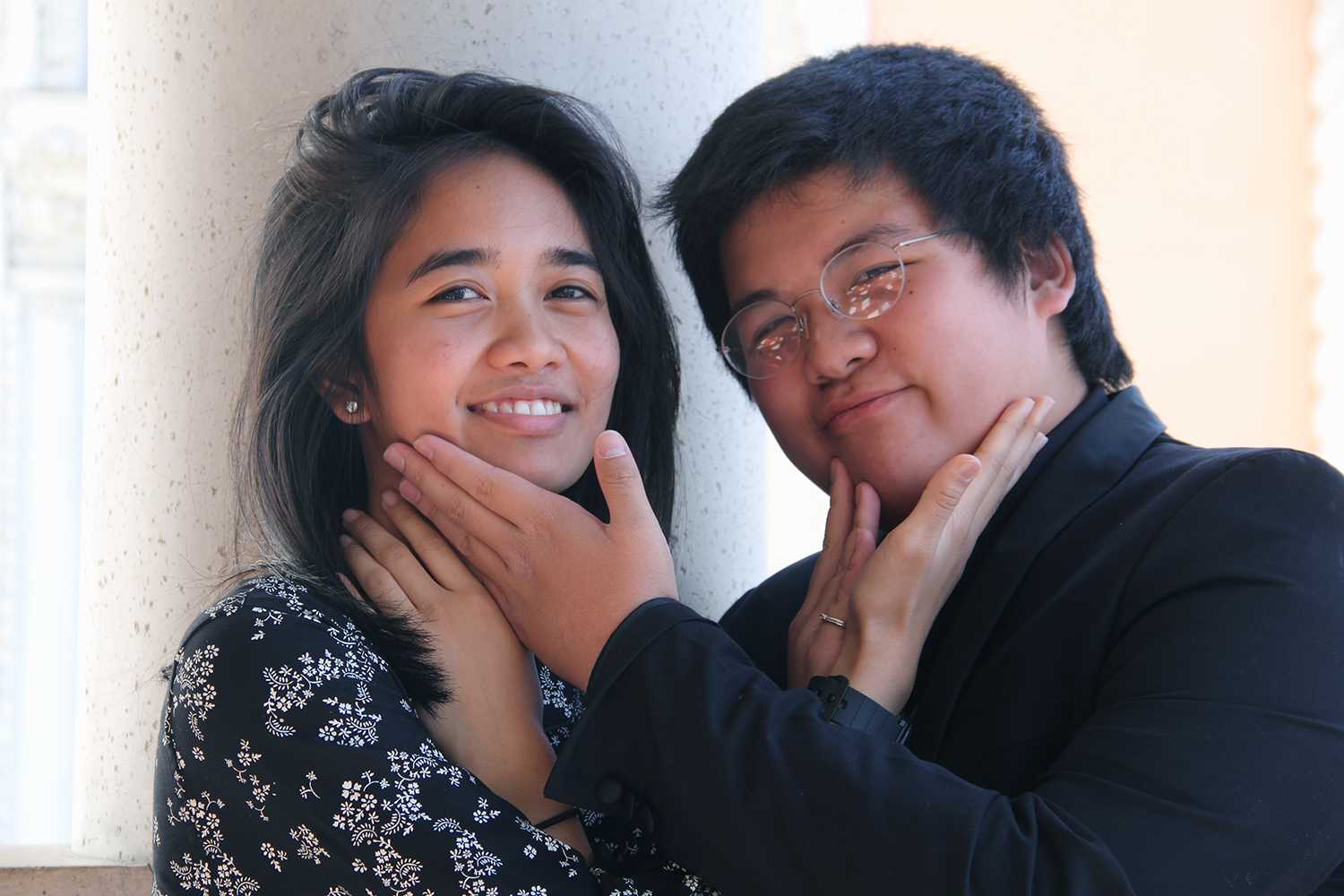Sun bright. Heads held high. Signs towered over me as I marched alongside thousands and mimicked the way others took their steps with purpose.
This past Saturday marginalized communities united for the largest inaugural protest in history. With over 500,000 attendees in Washington, D.C. alone, the Women’s March on Washington was driven by a hope that convinced millions of voices across the world to fight for fundamental human rights.
Although I was unable to fly across the country, I did get a chance to attend the local Women’s March in Downtown Las Vegas with my mom and younger sister. As a teenager, I tend to deem my influence on the world as minimal, leading me to opt out on advocating for beliefs of mine. When I’m against a power that seems superior, I cower and do as I’m told.
[slideshow_deploy id=’41077′]However, the crowd at the event propelled a level of confidence I wasn’t used to. They challenged the government with a noticeable lack of fear that seemed dangerous, yet inspiring. The passion in their refusal to back down made me question why I ever thought giving up would accomplish anything.
Hopeful for change, these marchers became their own source of empowerment. Gathering in numbers, they created validation for themselves to defend the causes they believe in. Regardless of their position in society and the prejudice they have undergone, they knew they were enough to make a difference.
Their strength wasn’t in wealth, but in the volume of their voices. Despite many being strangers, they stood together to represent one another in a battle to claim their rights. While a march alone won’t fix everything overnight, it’s a stepping stone for a future of possibility.
Often times, it’s this sense of ambition that gets lost when faced with a challenge. Many are quick to succumb if they don’t feel adequate, but in these situations, perseverance becomes integral. In order to achieve change, one must be willing to go through multiple stages of difficulties.
At the Women’s March, attendees sought to peacefully voice their concerns. Joining together, they magnified the influence of the person right beside them. What happens in Vegas will stay in Vegas, and cater to a growing safe space for a community of minorities. Although policies may still threaten their human rights, hope can’t be stripped from the population–it thrives at times when people do not.
[poller_master poll_id=”125″ extra_class=””]
















![Swaying and preparing to toss the tennis ball, Dylan Grove practices serving. Grove had been training in preparation for her upcoming matches against Chaparral and Doral Red Rock. “[Both teams are] both very tough opponents, but I am ready for whatever gets thrown my way,” Grove said.](https://southwestshadow.com/wp-content/uploads/2025/10/image-1200x900.png)
![Practicing the basic skills of nursing, sophomore Natalia Yancey gets her heartbeat checked with a stethoscope. Sophomore nursing students reviewed skills from freshman year. “I’ve always wanted to be in the medical field; it’s been my dream forever,” Yancey said. “Doing [practice skills] so early on is not only an amazing opportunity, but it helps me to prepare for my future.”](https://southwestshadow.com/wp-content/uploads/2025/10/IMG_9843-1200x800.jpg)
Ned Stoughton • Feb 5, 2017 at
When I entered medical school in 1971 about 10% of medical students were women and today is about 50% and still going up. Women have humanized the care of patients and made the male physicians better than they were. We need more women in positions of power such as deans of medical schools and in other professions as well. I am proud to call myself a male feminist as I have since the summer of 1967 in San Francisco.